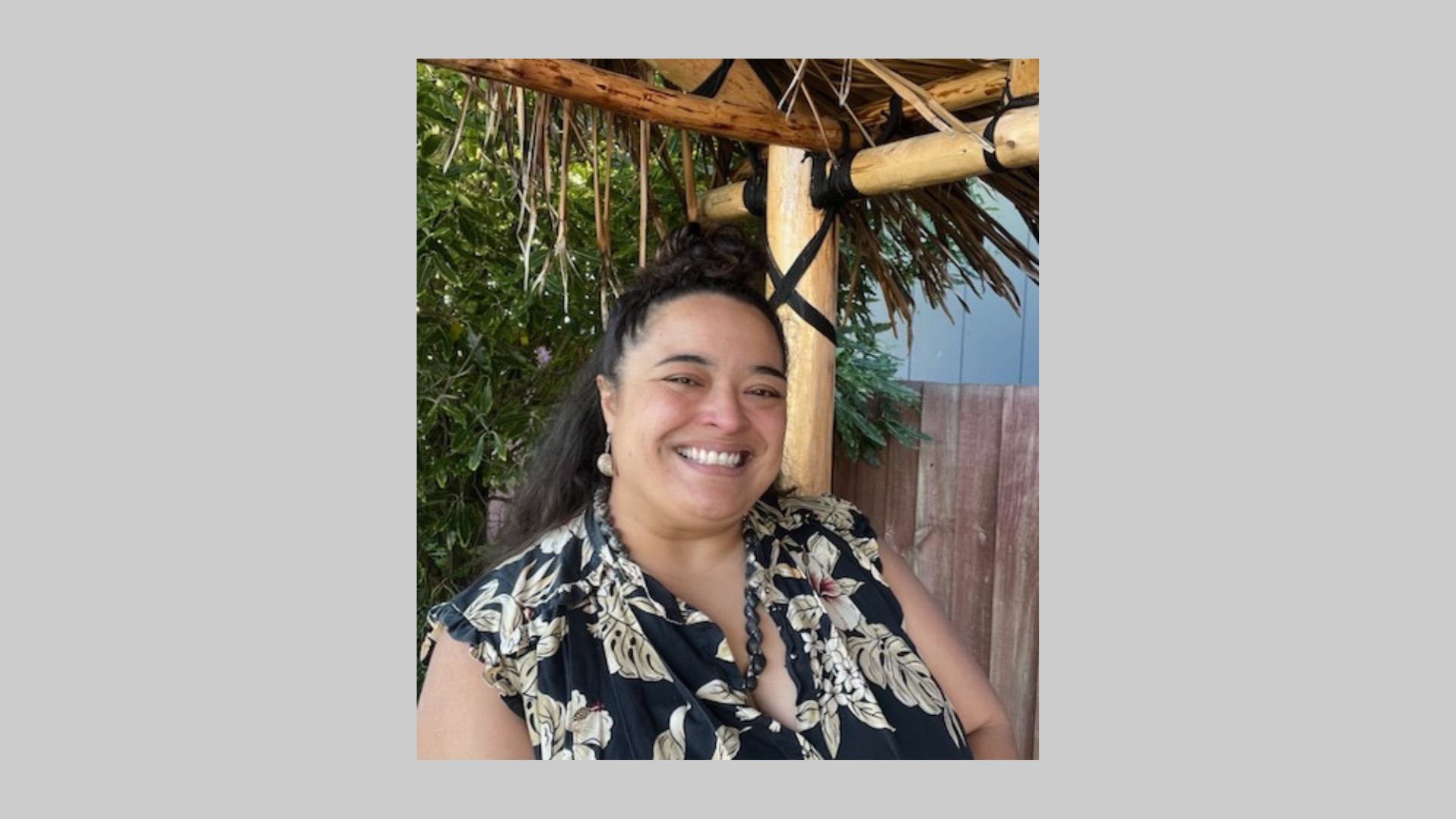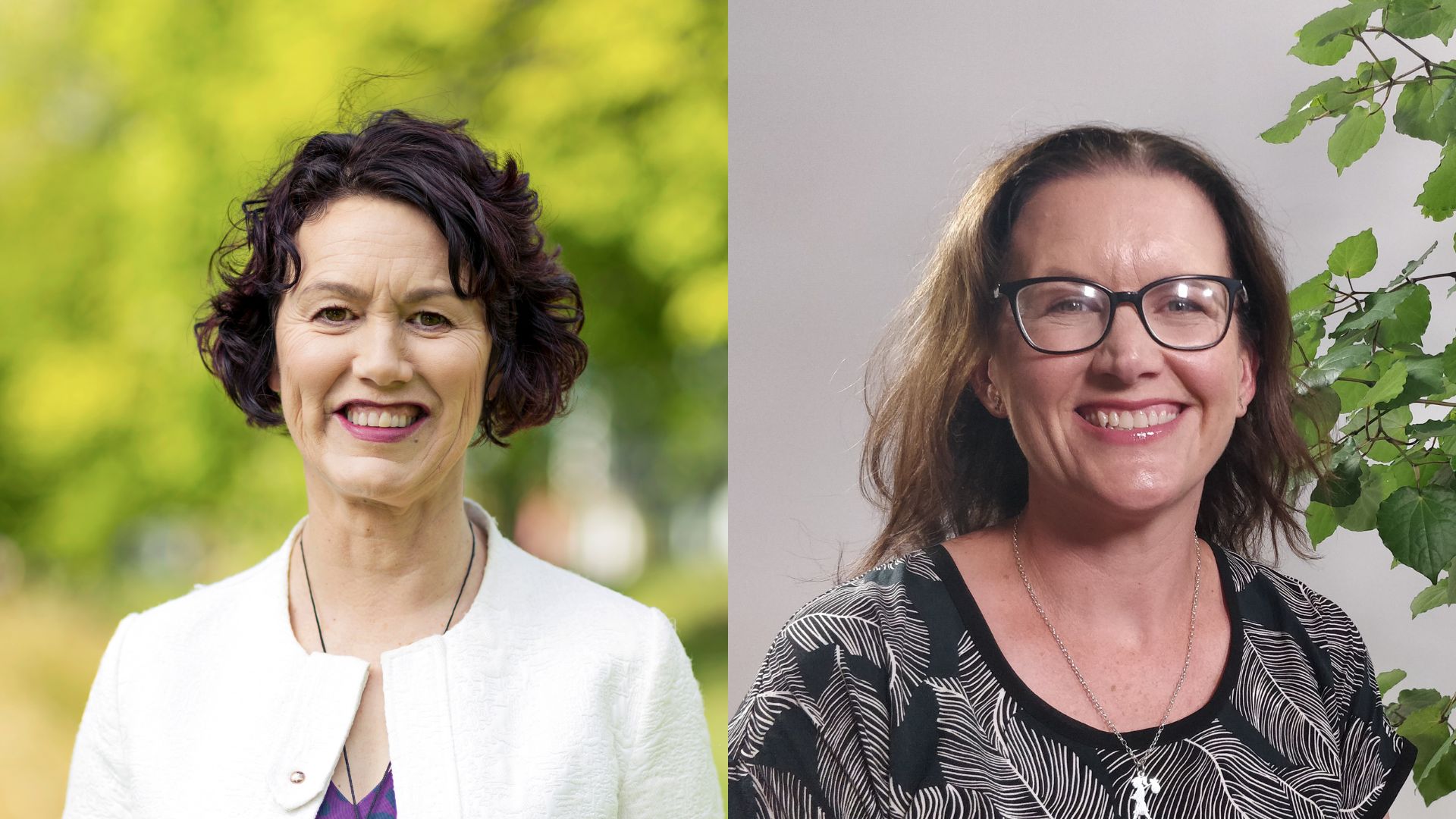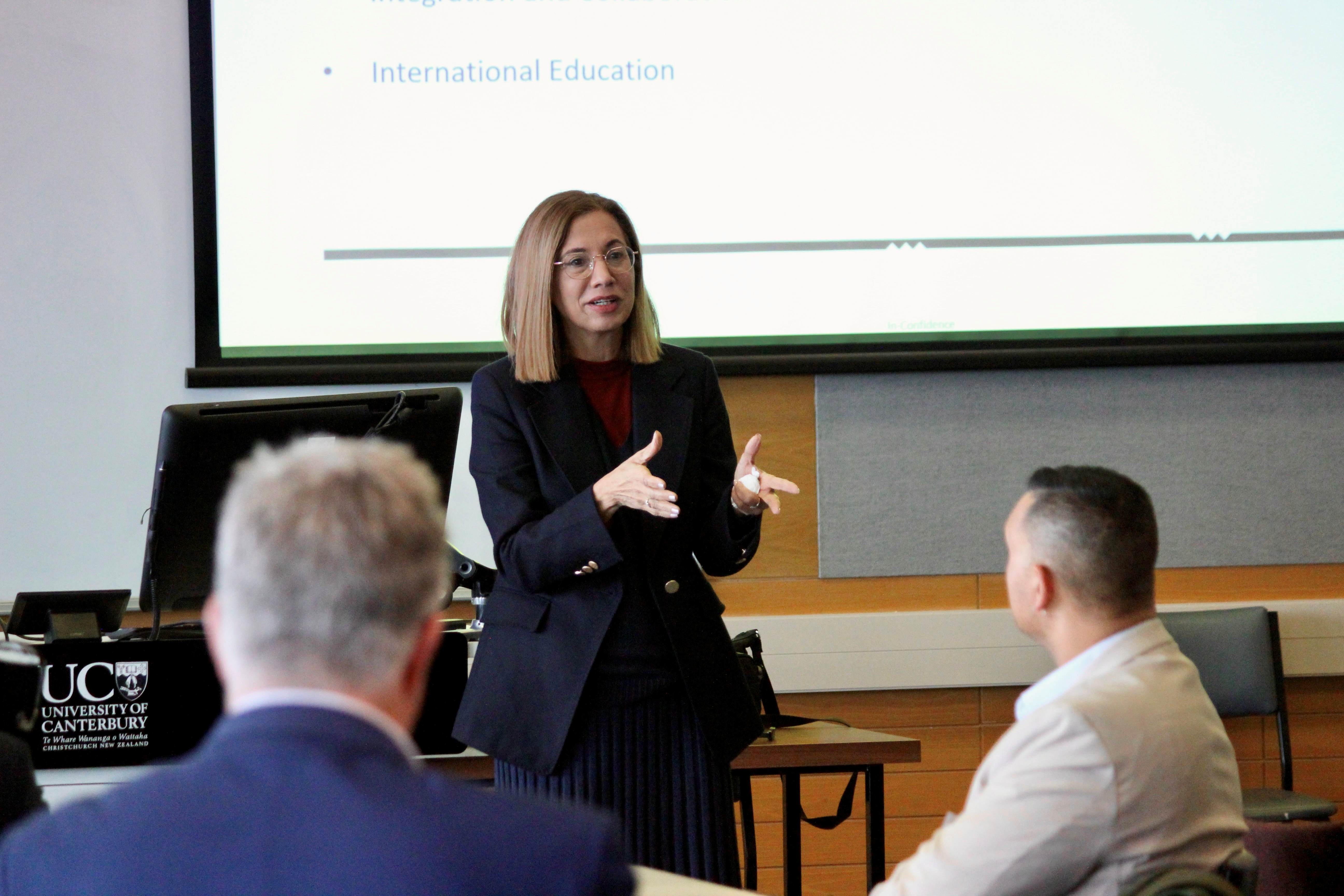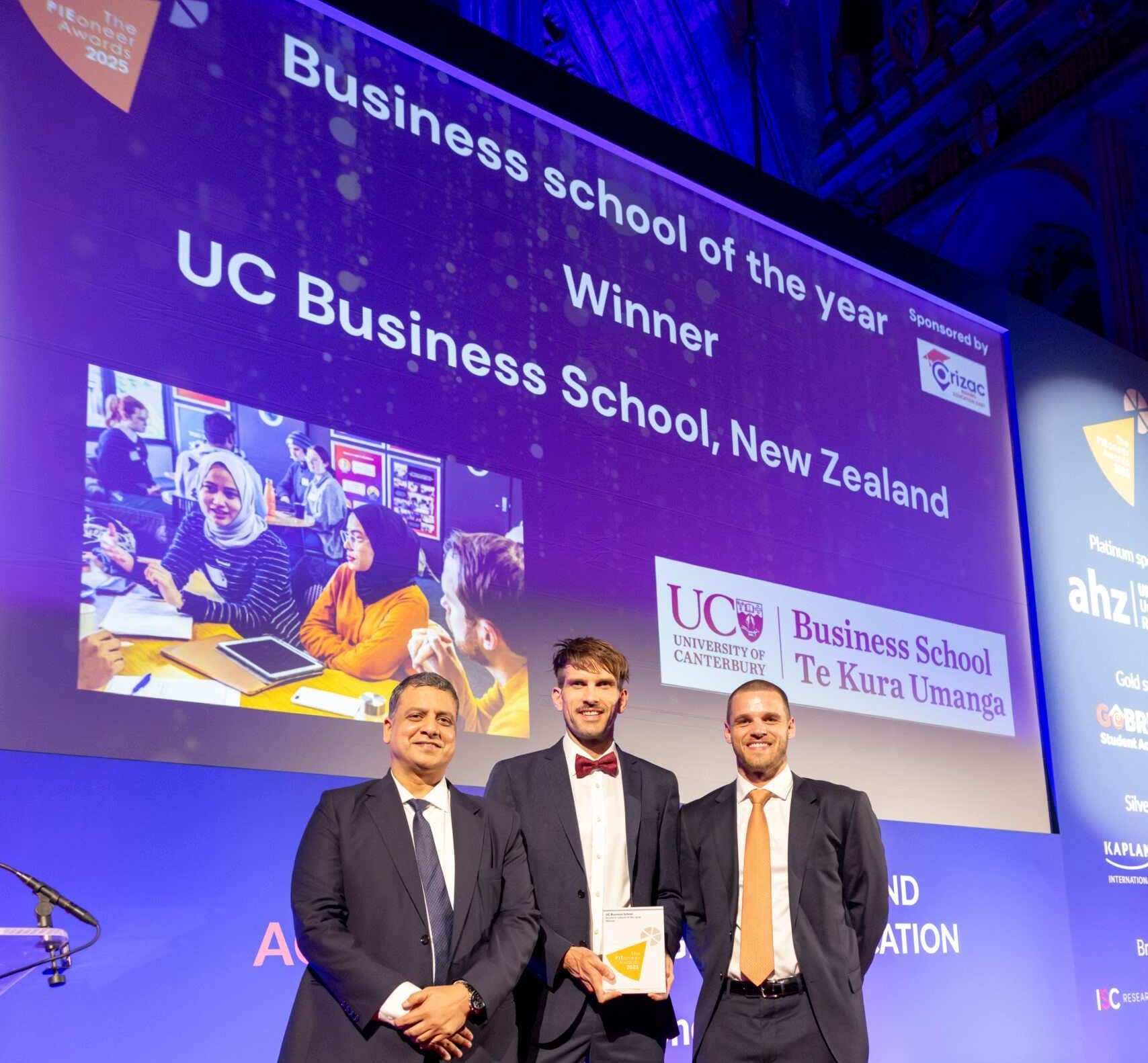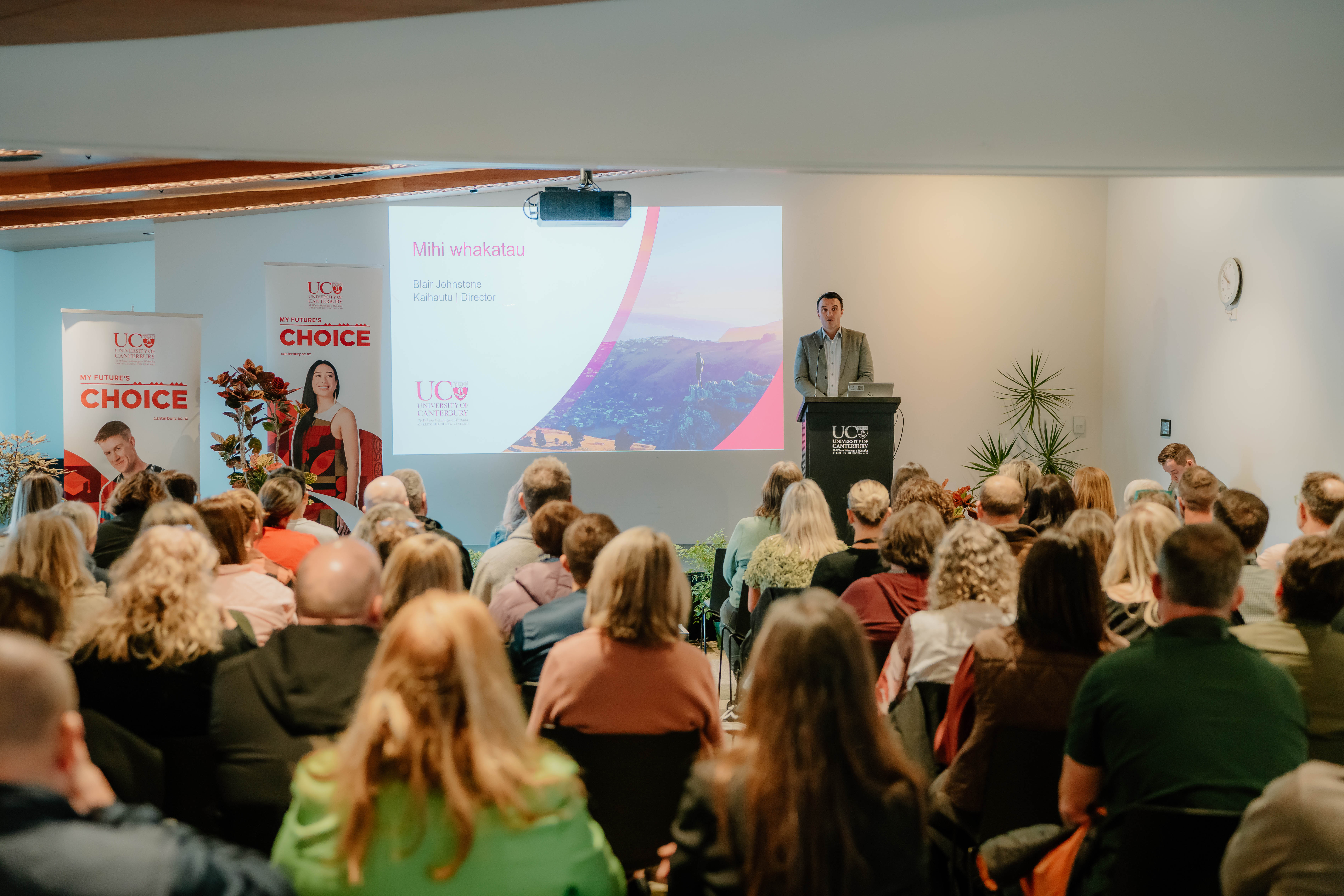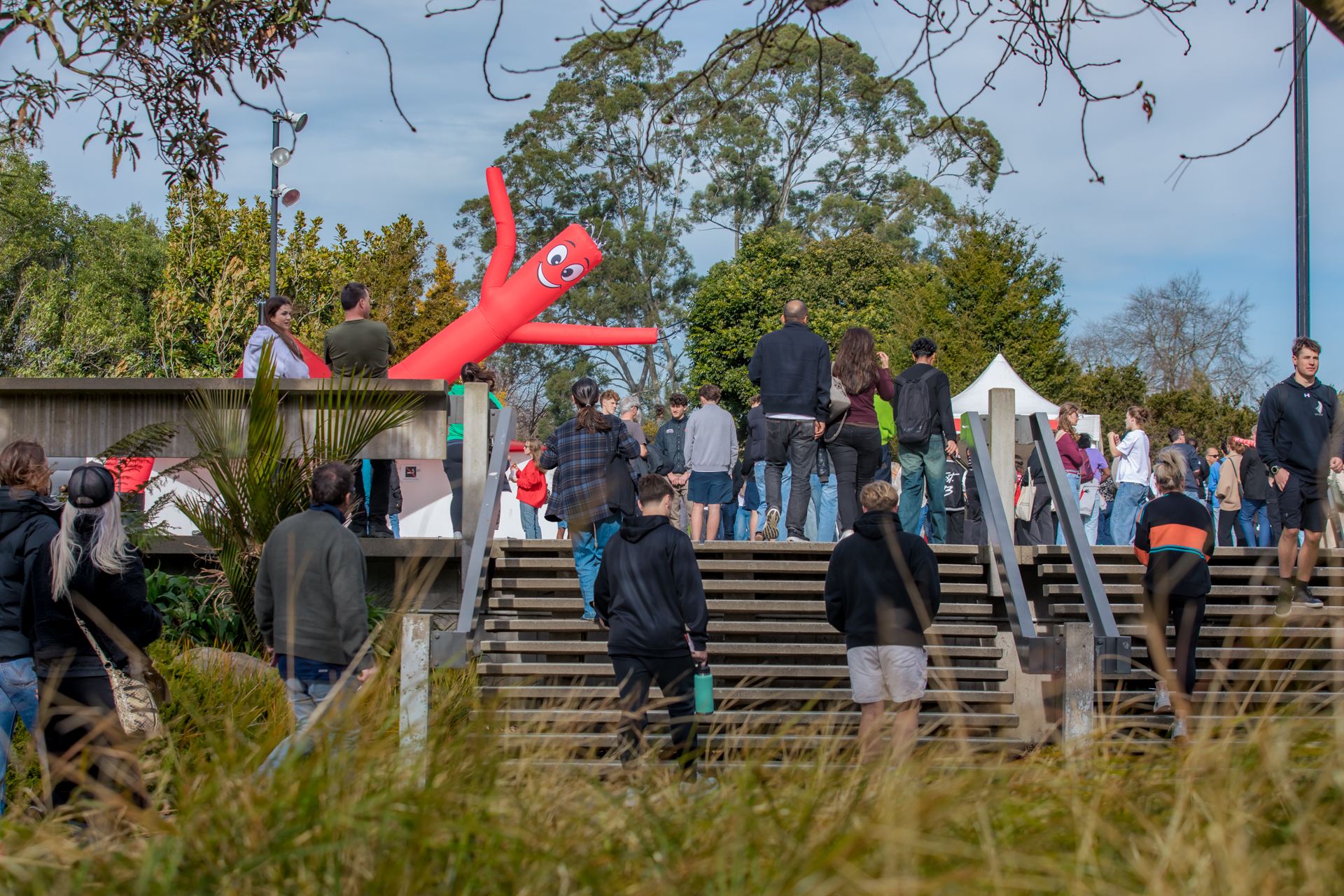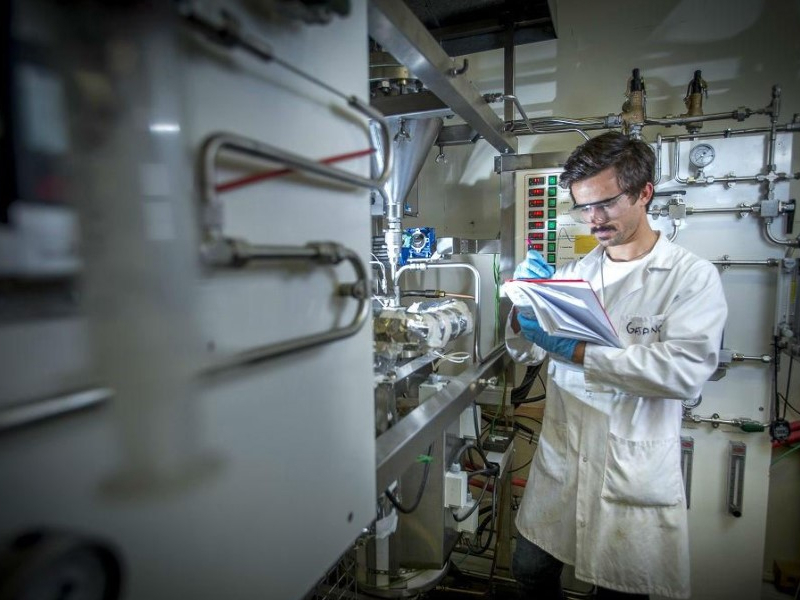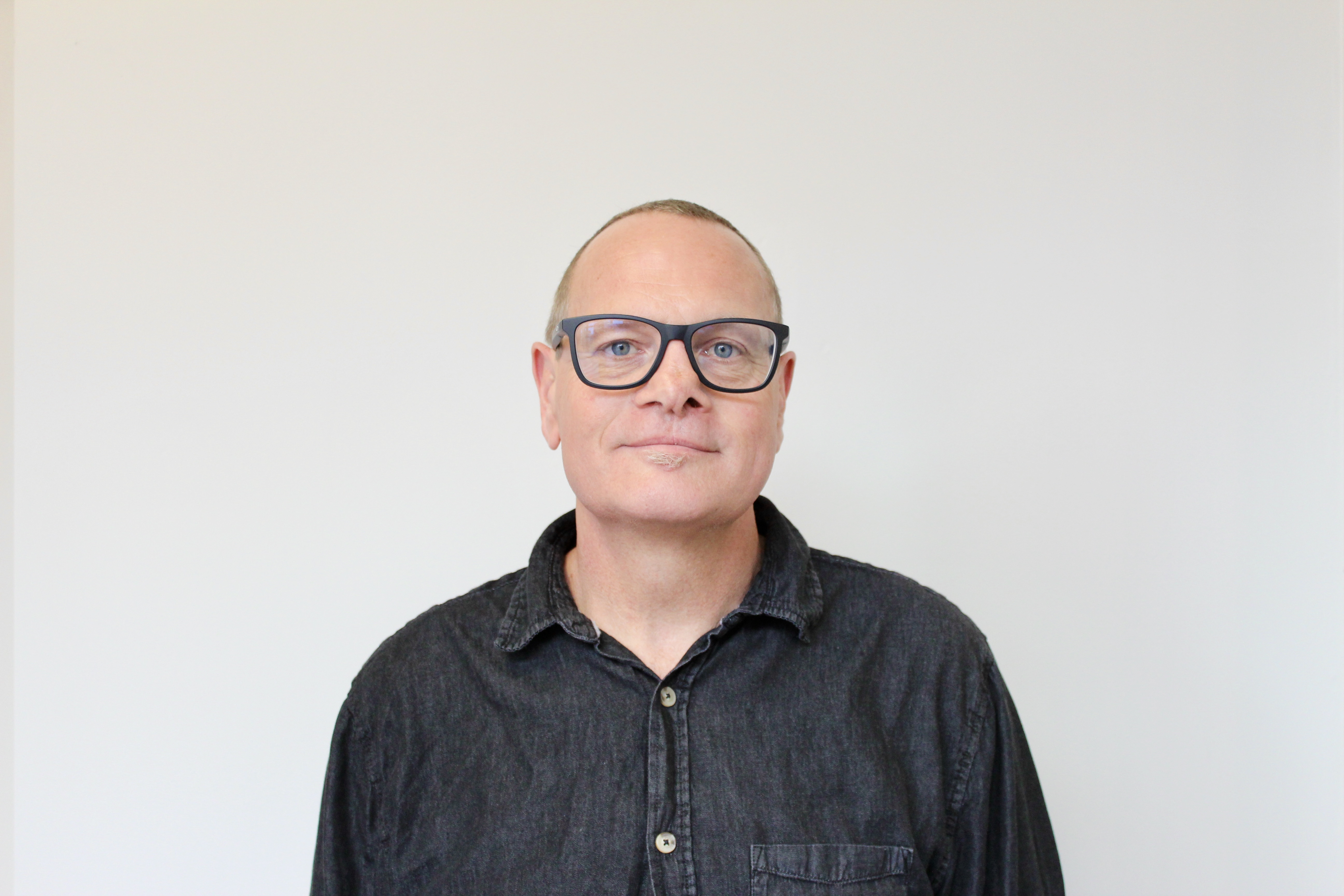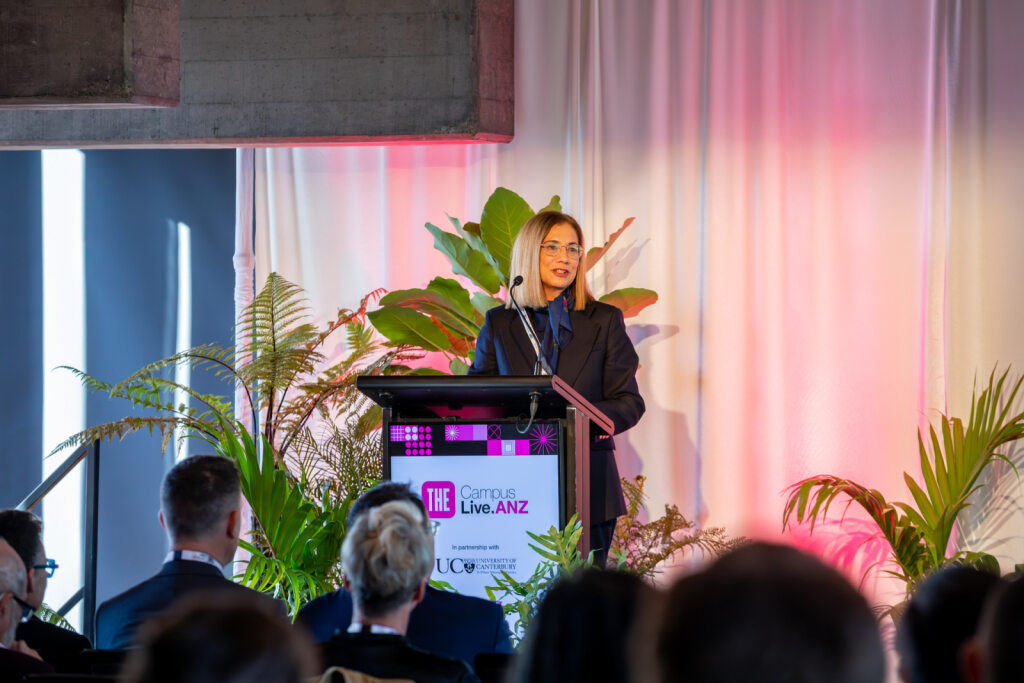Professor Michael Plank is working to find a balanced approach to harvesting fish that could slow down fisheries-induced evolution and result in conservation benefits.
A more balanced approach to harvesting fish could slow down fisheries-induced evolution and result in other conservation benefits, according to collaborative research from UC’s School of Mathematics and Statistics.
A sixth-floor office at UC’s Erskine building may seem a world away from the rolling deck of a working trawler, yet research that Professor Michael Plank is undertaking there has potentially far-reaching implications for how fish stocks could be managed in the future.
The mathematical biologist has been studying what would happen if fisheries were managed using a balanced harvesting approach. Mathematical models he has tested suggest that this alternative, balanced approach would better serve biodiversity than current approaches. Balanced harvesting requires a broad understanding of how species interact and how a whole ecosystem functions. Its goal is to try to keep a natural balance in that system rather than, for example, fishing for set volumes of target species of a particular size.
“The idea of balanced harvesting is to spread the load as widely as possible across the ecosystem … I first began looking into this in 2012 after hearing a talk on the subject by Professor Richard Law, of the University of York, who was here on a visit at that time. I then became interested in modelling various scenarios to see what they would look like,” says Professor Plank.
The two researchers have since worked on a number of collaborative projects to compare the balanced harvesting approach with current fishing practices and test the respective ecosystem impacts. Sources of funding have included Te Pūtea Rangahau a Marsden |Marsden Fund and Te Pūnaha Matatini, a New Zealand Centre of Research Excellence.
In their latest joint paper, published in the journal Fish and Fisheries in June 2018, Professors Plank and Law focused on fisheries-induced evolution. The test method involved coupling an ecological model of marine size-spectrum dynamics to an adaptive dynamics model of life history evolution.
“The idea that drives this type of modelling is simple: you are tracking biomass around an ecosystem in which there are predators and prey, big fish and small fish. You can then study the consequences of both predation and fishing and track the loss of biomass out of the ecosystem using different variables,” says Professor Plank.
The research findings indicate that balanced harvesting would have spin-offs for conservation of aquatic ecosystems. It would also lend weight to the argument that big, old fish should be protected for both ecological and evolutionary reasons.
“When you target larger fish, it induces evolutionary pressure that leads to a reduction in the size of that fish species over time. We compared balanced harvesting with current fishing strategies and found that balanced harvesting can mitigate that impact by reducing the number of large fish being caught,” says Professor Plank.
In essence, balanced harvesting would likely have a lower evolutionary impact because the overall distribution of mortality in the fishery would stay relatively close to what would happen naturally.
Population dynamics underpin the mathematical modelling approach used. While these models are essentially theoretical, the work is grounded in empirical data on how fish interact and grow. Perfectly balanced harvesting of an ecosystem is probably unachievable, but the findings of Professors Plank and Law suggest that seeking a better balance could yield more sustainable results in the long term than is currently achieved. The research lays the groundwork for constructive discussion on fisheries management and how practices could potentially change in future.
Since 2015, Professor Plank has held the role of principal investigator with Te Pūnaha Matatini. Hosted by Te Whare Wānanga o Tāmaki Makaurau | University of Auckland, it brings together experts from the academic research community, industry and government. As principal investigator, Professor Plank is tasked with steering research projects that build a better understanding of Aotearoa New Zealand’s environment. Linking into his research on balanced harvesting, he has also been exploring the evolutionary history of the country’s fish species.
“I’ve done some work with anthropologists through Te Pūnaha Matatini, looking at New Zealand archaeological records on fish that have been found here and trying to get more of a long-term perspective on how fishing activities have changed over the years.”


